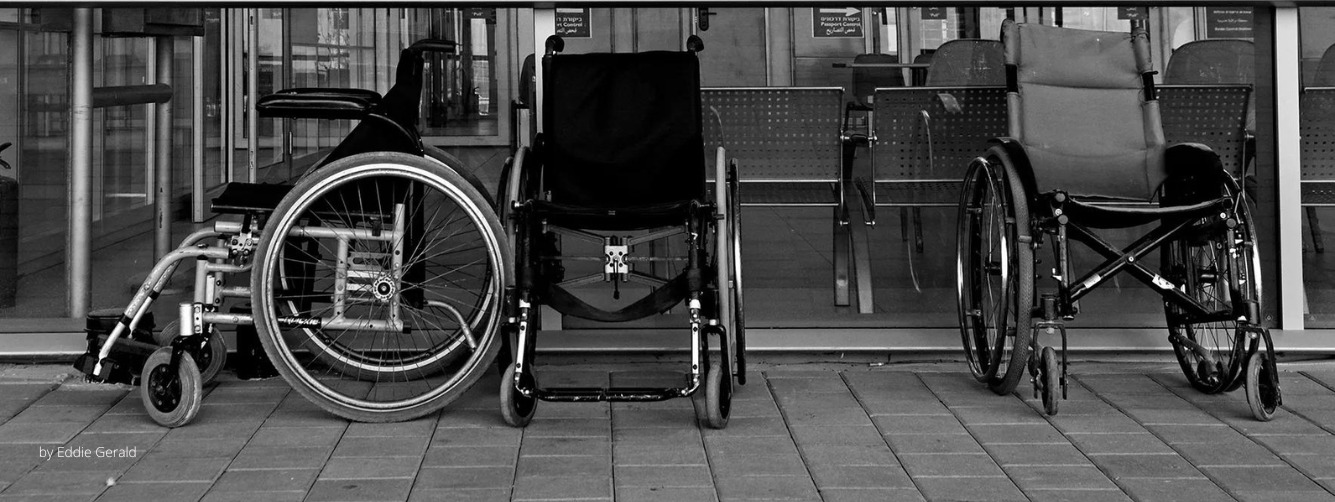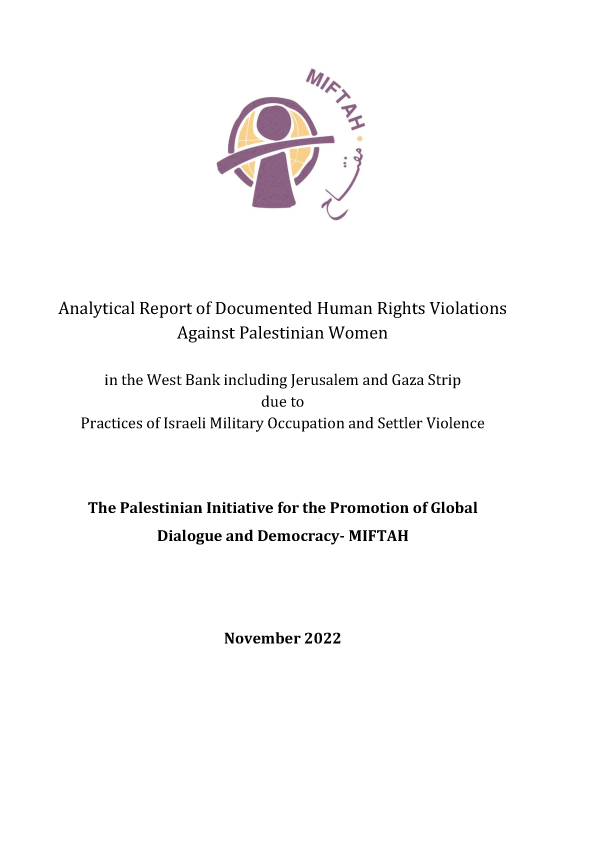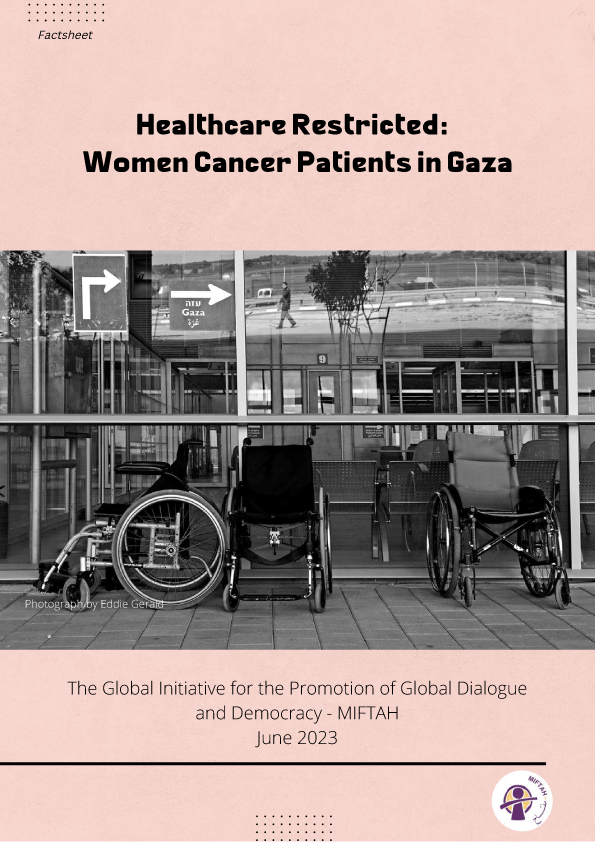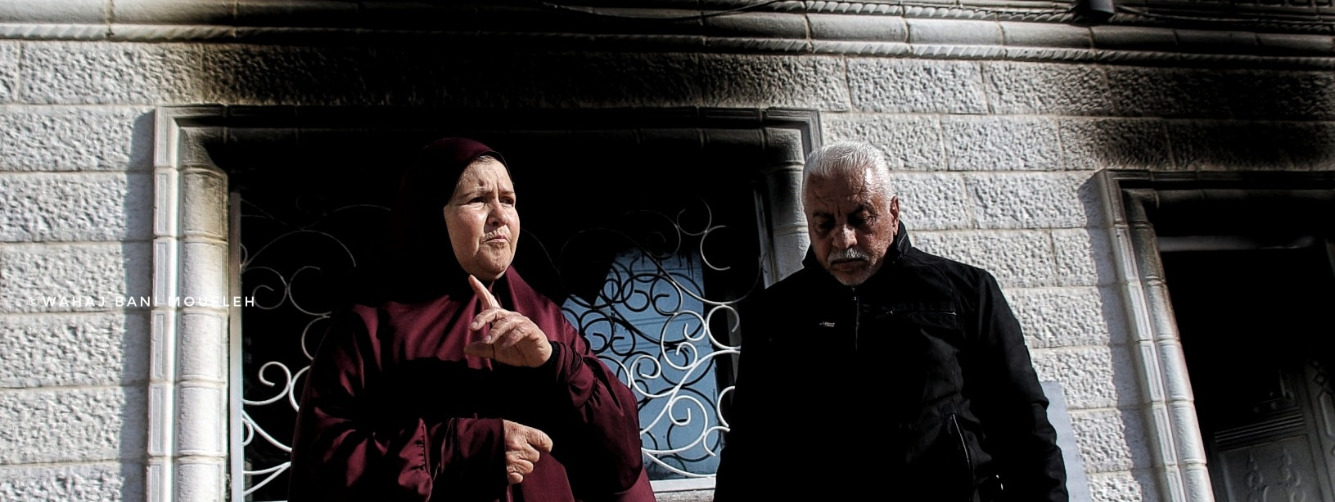October 19–21 2007
7 Palestinians are killed as fighting between different Palestinian factions continues. 3 Hamas members and three civilians, including a 13-year old boy and a woman are killed in the fighting between Hamas and the Fatah affiliated Khiles clan. 30 Palestinians were injured Meanwhile, Hamas kidnapped Islamic Jihad members, sparking a heavy gun battle, which left 5 people injured. One Fatah militant was killed when a grenade exploded prematurely
November 15 2007
Palestinian official Yasser Abed Rabbo announced new negotiations utilizing the 2003 US ‘road map’
March 23/24, 2008
Hamas and Fatah signed an agreement in Saana, Yemen that amounted to a reconciliation deal. It called for a return of the Gaza Strip to the pre-June 2007 situation, though this has not happened.
August 16 2008
Abbas agrees to join a national committee designed to end arrests in the West Bank and Gaza strip
October 4 2008
Leaders of Fatah and Hamas say they want to form a national unity government to rebuild the security forces and prepare for elections
October 20 2008
Egypt drafts Palestinian unity proposal
November 8 2008
Hamas boycotts the Palestinian reconciliation conference which has to be held in Cairo on November 9
January 2009
Abbas' term as president ends, but he vows to stay in power until parliamentary and presidential elections can be held simultaneously as per Palestinian law. His supporters argue the presidential elections in which he was chosen were held early due to Arafat's death. Critics, not least Hamas, deny Abbas' legitimacy.
February 2009
The severing of contacts is all but complete. Egypt pushes the parties to hold reconciliation talks, the first round of which starts in February. The aim is to create a unity government that would pave the way for simultaneous presidential and parliamentary elections before the term of term of the current Hamas-dominated parliament in January 2010.
March 2009
Fayyad resigns, hoping this will add pressure to the unity talks, but the stalemate remains.
May 2009
A fifth round of talks in Cairo ends without a breakthrough. A new round is set for July.
October 2009
reconciliation talks brokered by Egypt once again stall when Hamas refuse to sign an Egyptian document after it was inked by fatah. Under the terms of that document, legislative and presidential elections were to be held in mid-2010.
May 31, 2009
Six people were killed as Palestinian Authority and Hamas forces clashed in Qalqilya
January 3 2010
Khaled Meshaal announces that reconciliation is close following a meeting with Saudi officials to discuss the Egyptian proposal.
February 2010
Representatives of all Palestinian factions met in Gaza city after Fatah leader Nabil Sha’ath visited Gaza in a bid to encourage bilateral dialogue.
March 22 2010
Representatives from Fatah and Hamas meet in Damascus. Azam Al Ahmad wanted to persuade Musa Abu Marzouq to sign the Egyptian document.
September 2010
Representatives from Fatah and Hamas meet in Damascus to help revive Egyptian efforts at reconciliation.
October 2010
Security co-operation talks cancelled after Abbas had disagreement with Syrian President Bashar Al Assad over resistance against Israel.
November 11 2010
Hamas and Fatah representatives meet in Damascus in second round of talks designed to narrow the divisions between the two parties/
February 14 2011
PA cabinet resigns. Abbas then invited PM Salam Fayad to form a new team. This followed news a couple of days earlier that there would be general elections held by September. Hamas refused to participate or recognize the outcome.
February 24 2011
Fayyad announces that he is determined to work towards ending the split between Fatah and Hamas following a meeting with Luxembourg Deputy Prime Minister and Foreign Minister Jean Assleborn. Hamas, however, said it would not join a new Fayyad government.
March 14 2011
Demonstrations start in Gaza organized by youth groups in both Gaza and West bank calling for unity between Fatah and Hamas.
March 15 2011
Both parties express their support for the demonstrations but both are affected by interruptions from politically-affiliated groups. Hamas leader Haniyeh invites Abbas to Gaza in order to continue unity discussions.
March 16 2011
Abbas announces that he is willing to travel to Gaza in order to end the split and form a new government.
March 26 2011
President Abbas meets with Hamas leaders in Ramallah for a “positive” discussion. Abbas said he would go to Gaza to make a deal, not to have a talk.
March 29 2011
Hamas officials accept President Abbas’ initiative to visit Gaza and end the division.
April 27 2011
Initial reconciliation deal signed in Cairo to form a caretaker government and to set a date for elections in the future. Egypt will call for all Palestinian factions to agree to the deal later in the week.
May 4 2011
Unity deal connecting Fatah and Hamas signed in Cairo. The plan contains ideas for a new government of technocrats, release of political prisoners, and holding popular elections.
May - June 2011
Talks scheduled to form a new system of government and have new elected officials. Discussions delayed repeatedly by both Hamas and Fatah leaders. Israel strongly opposes unity plans.
August 22 2011
As both parties fail to find common ground on political situation, unity talks are officially delayed until September.
September 15 2011
Hamas and Fatah meet in Cairo to discuss possible UN bid for Palestine. Reconciliation meeting scheduled for the following week.
September 24 - October 1 2011
Hamas denies any accord to reconcile with Fatah, Hamas leader Ismail Al-Ashkar said agreements were never made, even though officials claimed them to be existent. However, Abbas and Fatah members discussed with Hamas earlier in the week at Fatah headquarters about another possible UN bid and restarting the unity deal.
October 21 2011
Hamas leader in exile, Khaled Meshaal, calls for Abbas to meet him in Cairo. Abbas obliges and sets date to meet in Egypt to discuss reconciliation again. Abbas offers January elections.
November 24 2011
Meshaal and Abbas meet in Cairo and say they have resolved all differences concerning Palestine’s future government and unity. Another meeting set for mid December in Cairo to finalize discussions. Elections set for a date in May.
December 4 2011
Palestinians rally in the city of Ramallah as Fatah and Hamas officials meet to reaffirm their commitments to the unity deal and a singular government.
December 19 2011
Meeting in Cairo takes place between Hamas and Fatah leaders, results reported are positive. Officials say more work is needed to reach reconciliation.
February 6 2012
Doha was chosen as the next place for unity government meeting. Abbas and Meshaal agree to form unity government with Abbas named as candidate for Prime Minister. Israel tells Abbas to choose either “Hamas or peace”.
March 6 2012
Palestinian Central Elections Committee states there is no hope for national elections by May 4th or any foreseeable date in the future. Hamas has reportedly been blocking efforts for elections in Gaza.
April - May 2012
Discord between Hamas and Fatah as both sides blame the other for the lack of agreements and solidarity. Independents and population urge the two parties to converge on and implement a final unity deal.
May 30 2012
Hamas accepts election monitors in Gaza from the Palestinian Central Elections Committee.
December 13th 2012 - January 4th 2013
In December, Fateh allowed Hamas to hold a rally in the West Bank for the first time since 2007, and in January Hamas allowed Fateh to have a rally in Gaza.
January 9th 2013
Mahmoud Abbas and Khaled Meshaal recommence reconciliation efforts in Cairo, headed by then-Egyptian President Mohammed Morsi.
April 23rd 2014
Hamas and Fateh sign a renewed reconciliation agreement, where they agreed upon the formation of a new unity government within 5 weeks, and parliamentary as well as presidential elections within 6 months.
June – September 2014
Abbas swore in the new unity government of technocrats on June 2nd. The government was not able to accomplish much, and it was also facing problems due to the major attacks on Gaza in the summer of 2014 as well as increased Israeli raids in the West Bank resulting from the kidnapping and killing of 3 Israeli settlers. On September 25th, Hamas and Fateh signed another agreement in Cairo that made clear the responsibilities and goals of the new unity government.
December 2015- January 2016
Secret Qatar-brokered reconciliation talks held in Doha.
February 7th- 8th 2016
Talks recommence, and Hamas announced that both parties agreed on a practical solution which would be talked about further and then implemented in reality.
February 23rd 2016
Fateh leader Abdullah Abdullah said Hamas must be forced to cede Gaza, and Fatah leader Jibril Rajoub also said Hamas could not be allowed to control the Gaza Strip any longer. This comment was criticized by multiple factions as not aiding any of the reconciliation efforts.
May 10th 2016
Swiss Ambassador, Paul Garnier, met with Ismail Haniyeh and stated that Switzerland has the intention to broker renewed reconciliation talks between Hamas and Fateh.








